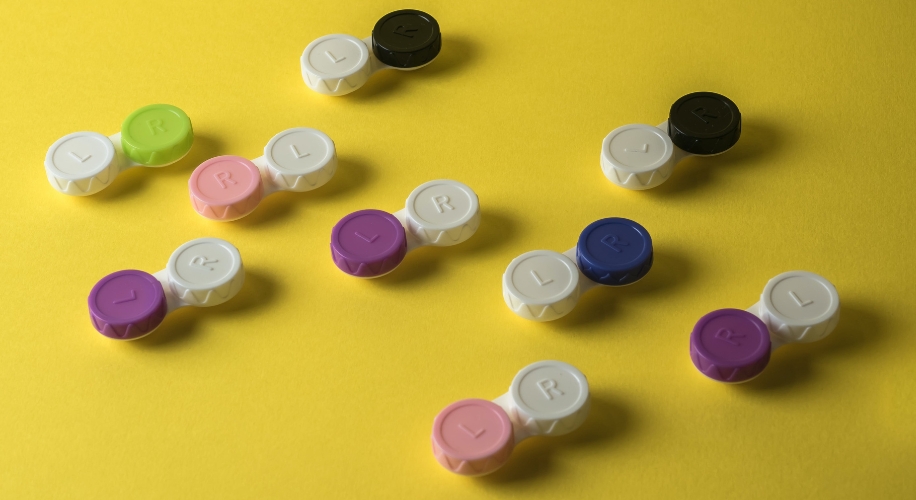Maintaining Healthy Vision with Proper Contact Lens Hygiene

Photo by Natallia Photo
Taking care of your eyes is crucial, and when it comes to wearing contact lenses, hygiene is non-negotiable. For those who enjoy the freedom from glasses, understanding and practicing proper contact lens care can prevent eye infections and ensure your lenses provide the clear vision they are meant to. Let’s walk through some essential steps and best practices to keep both your eyes and contact lenses in top condition.
Starting with Clean Hands

Photo by Nataliya Vaitkevich
Before handling contact lenses, it’s imperative to ensure that your hands are clean. The transfer of germs and dirt from your hands to your contact lenses can lead to serious eye infections. To minimize this risk, follow these guidelines:
- Wash your hands with soap and water, then dry them with a lint-free towel before touching your lenses.
- Avoid using hand sanitizers as they can contain ingredients that may irritate your eyes.
- Keep your fingernails short and smooth to prevent accidental scratches to your eye or tearing your contacts.
Cleaning and Storing Your Lenses

Photo by Nataliya Vaitkevich
Properly cleaning and storing your contact lenses will extend their life and prevent eye irritation or infection. Here are the steps you should follow every day:
- Use only the contact lens solution recommended by your eye care provider to clean and rinse your lenses. Using water or saliva can harbor dangerous microorganisms that can cause severe eye infections.
- Gently rub your contact lenses with your fingers, then rinse them with solution before soaking them. This technique helps remove buildup of deposits on the lenses.
- Replace your contact lens case at least every three months and clean it daily. After placing your lenses in the case, rinse the case with fresh solution—never water—and leave it open to dry.
- When in doubt, read and follow the cleaning/storing instructions provided on the box/pamphlet for your contact lens cleaning solution. Solution instructions can vary.
Wearing Lenses Safely

Photo by Nataliya Vaitkevich
Wearing contact lenses safely is just as important as cleaning them. To ensure you are using your lenses correctly and maintaining the health of your eyes, consider the following advice:
- Follow the recommended wear schedule from your eye care provider. Over-wearing contacts can cause oxygen deprivation to your corneas, leading to discomfort and potential damage.
- Backup glasses are essential because they your eyes to breath and take a break from contact lens wear.
- Never sleep in contact lenses unless they are specifically designed for overnight wear. Sleeping in contacts can increase the risk of eye infections.
- Avoid wearing contacts while swimming or in hot tubs. Waterborne bacteria can adhere to your lenses and cause infections.
By adhering to these guidelines, you can enjoy the benefits of contact lenses while keeping your eyes healthy and your vision sharp. Remember to schedule regular eye exams and contact lens check-ups with your eye care provider to ensure your eyes are at their best. Diligence in contact lens hygiene is a commitment to your overall eye health.

